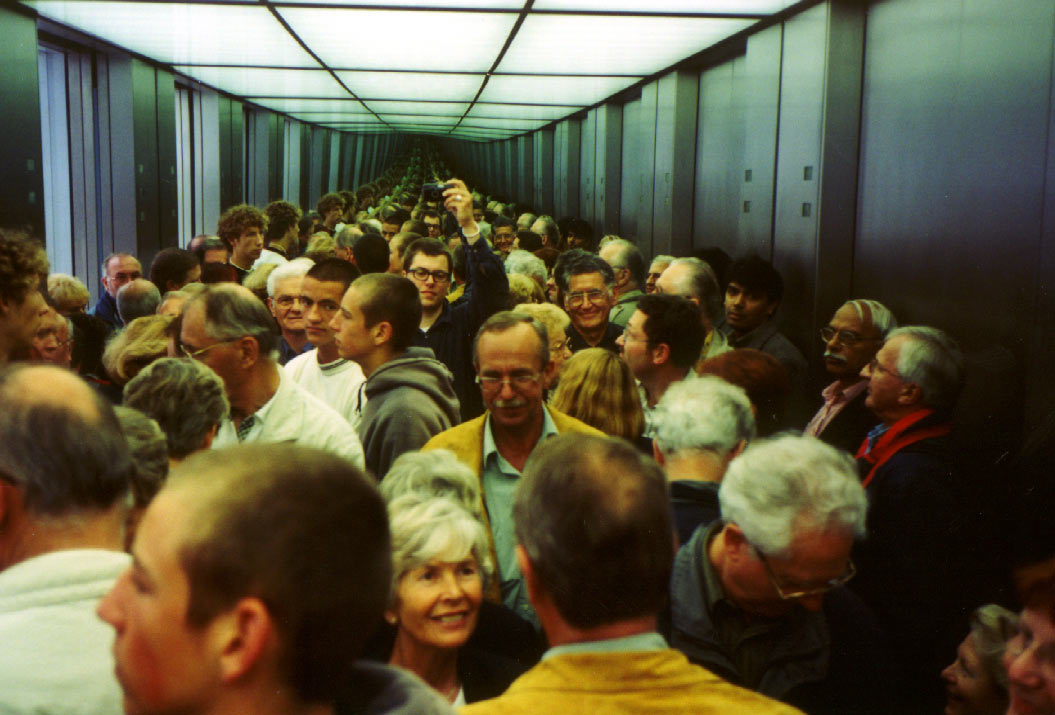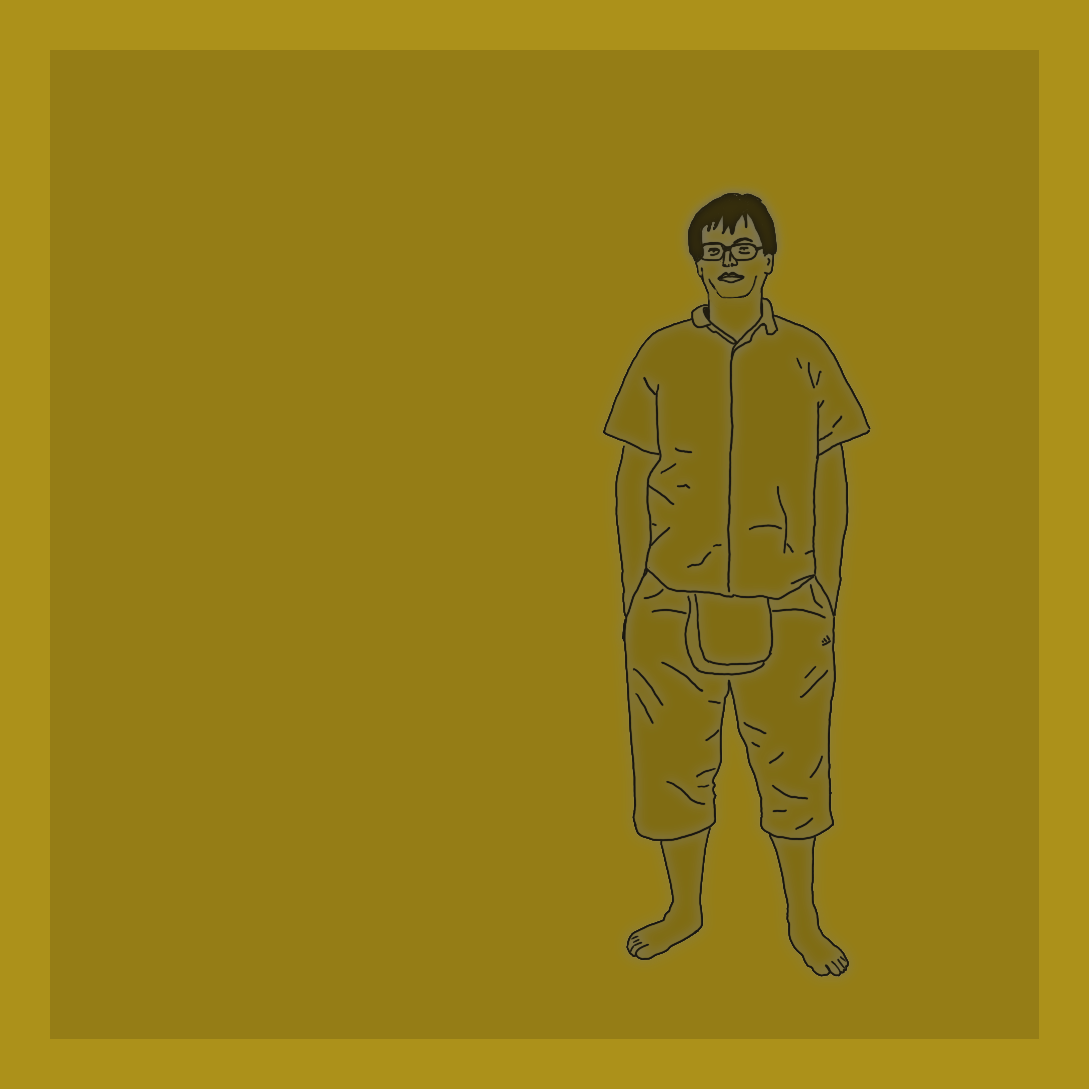
I have friends who say that the decision of politicians to paralyze the whole economy is madness. That politicians would only make these decisions because they themselves would not have to bear the cost of economic decline. The bill would be paid by others. Politicians, on the other hand, would only show actionism in order to be well received by the voters.
Could be theoretically. But in practice this is highly unlikely.
Firstly, this consideration assumes that the current decisions of politicians in the Corona crisis are risk-free in terms of the effect they have on voters. One can imagine what would happen if the emergency did not occur – even if the politicians’ actions were to have the causal effect of preventing the emergency from occurring in the first place.
How would Angela Merkel look then, if at the end of the year only 2,000 seniors had died who would have died anyway, perhaps of a cold, with her first direct television address to the people beyond the New Year’s speech? – First woman as Chancellor of Germany, 15 years in office? Merkel risks a lot: at the end of her career as chancellor she could go down in history as the woman who brought Germany’s economic power to the brink of collapse because of a cold.
Secondly, this argument is based on the assumption that at this point in time one can already assess well enough how high or low the risk is. That you can also take responsibility for the risk of getting it wrong. But at present the information available is contradictory, unclear and confusing. The risk, on the other hand, is huge and even worst-case scenarios are far too little unlikely.
Given the magnitude of the risk posed by the corona virus, you either have to have a great deal of knowledge or be megalomaniacal to be sure of your opinion.
I do not presume to assess the danger, so I am acting on the recommendations of those who most likely have better information and are advised by smarter people than I am. I do as they say. Although and because they are politicians. I trust politicians, not because they are infallible, but because they are likely to make fewer mistakes than I do.



